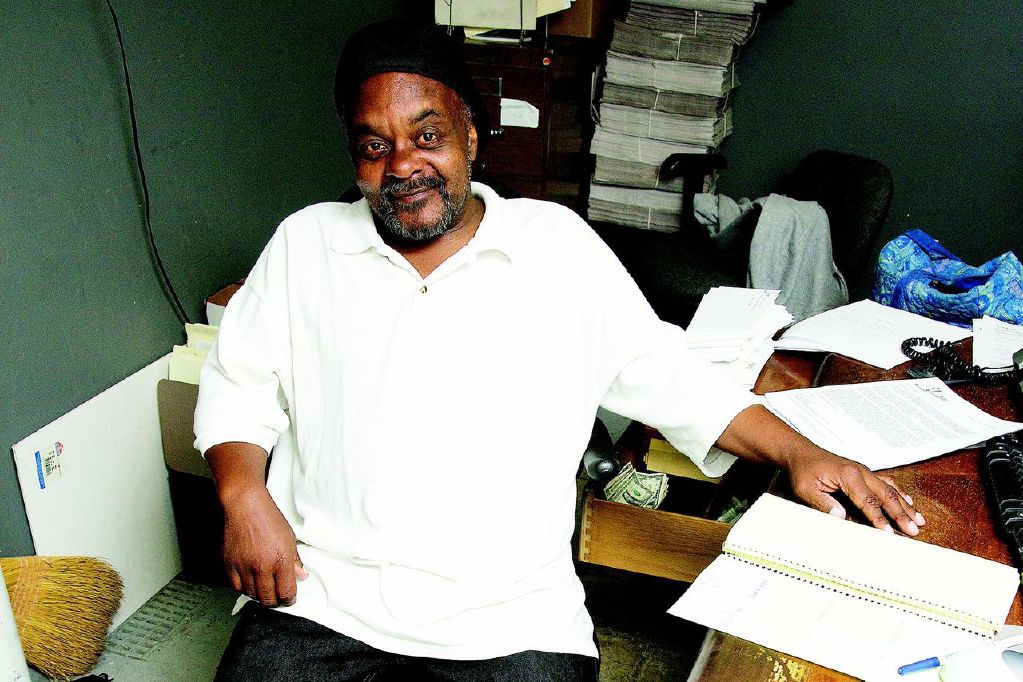I, along with millions of others, watched the events that unfolded in Baltimore last week. Like so many others, I was also angered and saddened by what went down. It’s a scene that has become all too familiar over the last year.
A young black man was killed by the police, seemingly without provocation. Freddie Gray’s death was even more heinous because it was allegedly related to some stupid game the police play, driving and stopping suddenly while the person in the back is thrown around in the mostly steel wagon, unsecured and bouncing around like a ping-pong ball.
It’s called a “rough ride.”
According to the autopsy report, this rough-ride game caused Gray’s spinal cord to be severed, costing him his life. And these weren’t just white police officers, boys and girls. Three of the accused are people of color, which says to this writer that the race matters not the fact that the alleged murderers were dressed in blue. Like Ferguson, Baltimore was being torn apart by rioting. On social media we were reminded of what Dr. King said: “Riot is the language of the unheard.”
While I don’t condone rioting and looting I understand King’s words, which is to understand the rage … and to understand the rage, you must be black. I sometimes shake my head when I hear or see white people speak of racial injustice. They mean well and bless them for it, but they have no real idea of injustice for black people. After the protests, the marches, they get to go home, back to their mostly suburban lifestyle. That doesn’t happen for us.
We are a people that has to live with this day in day out. And at times, that can be painful. Put it this way—people sing my praises, pat me on the back, tell me what a good writer I am, etc. I appreciate that. But the sad reality is, no matter how successful I am, most people will judge me by the color of my skin instead of the content of my character. So, yes, I understand the rage.
Most don’t see me as a writer or an activist or a co-founder of anything or just a nice guy. People still pass by the only open seat on a bus or train. Women still grab their purses. People cross the other side of the street. But the rage goes deeper. I see the media so pre-occupied with ratings, they would rather cover and hype the unrest rather than show the pockets of peace within the city itself.
The stories that were missed about an unruly group of white intoxicated baseball fans who attacked marchers, the outright lies about black gangs forming hit squads to take out police officers—a lie that even spread to Boston. The armchair quarterbacks, you know the ones, the so-called black leaders who talk a good game, all fire and brimstone, posturing before the cameras, calling Malcolm X’s name to justify everything they say. I wonder if they’ve actually read Malcolm’s writings?
Where will they be when the healing begins. They won’t be in Baltimore. I always hoped I would one day witness a world where we would all be one and the same. That will probably never happen in my lifetime. That doesn’t make me rage. It makes me sad.

Leave a Reply
You must be logged in to post a comment.